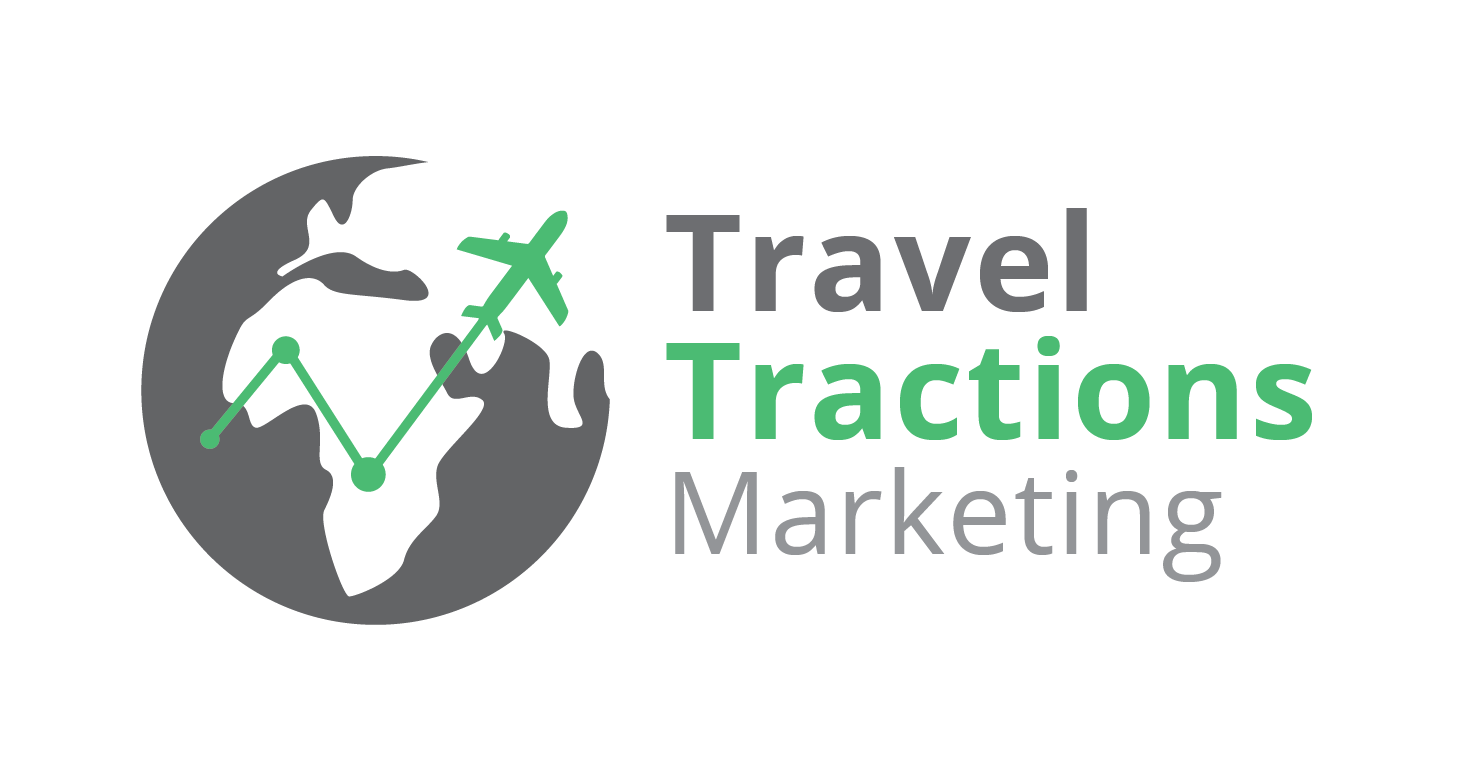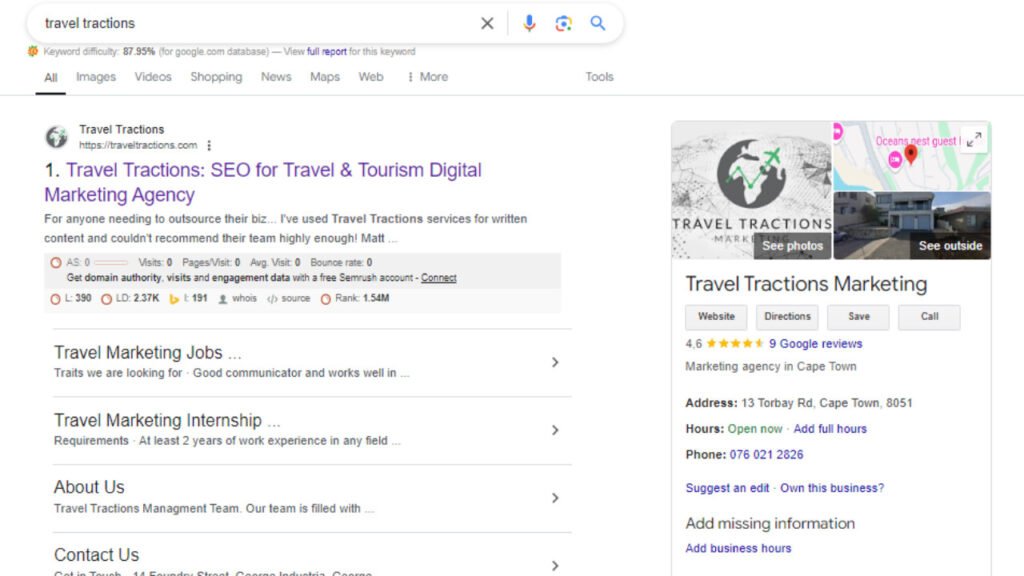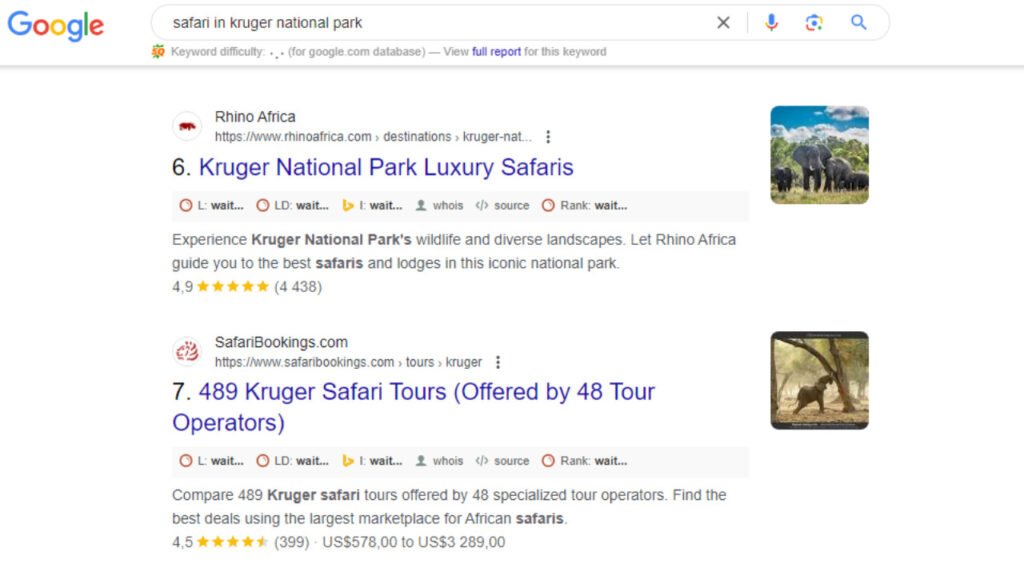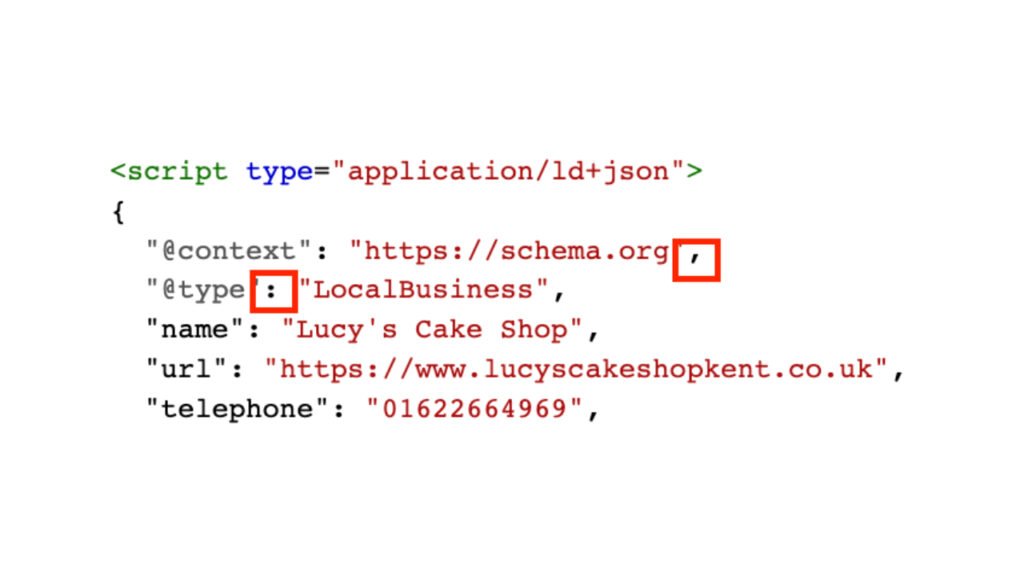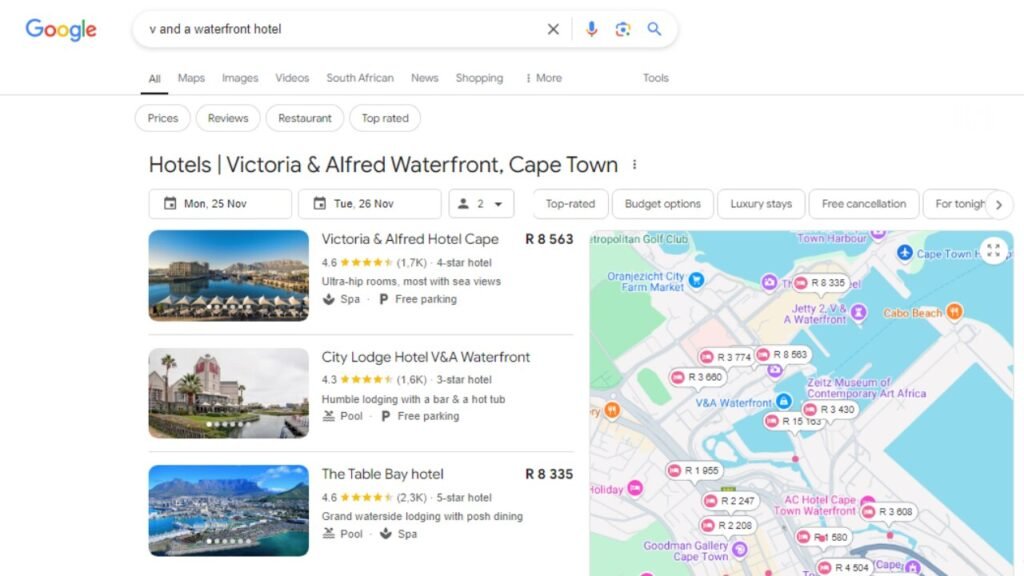
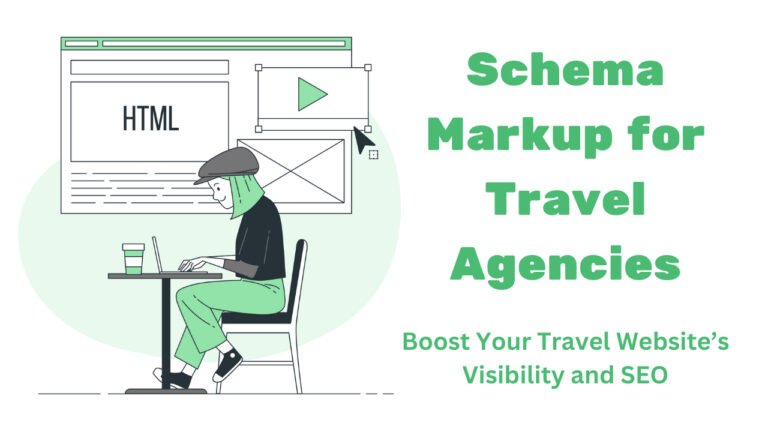
Schema Markup for Travel Agencies: Boost Visibility and SEO
When it comes to attracting direct bookings, search engine visibility is everything. In the crowded digital travel space, being noticed isn’t just about having a stunning website — it’s about how search engines display your information. That’s where schema markup comes in.
Schema markup might sound very technical, but it’s actually pretty simple once you break it down. It’s a game-changer for travel agencies, helping you show up in search results with detailed information that makes your listings stand out.
Whether you’re offering tours, holiday packages, or hotel stays, schema markup can help you reach your dream customers more effectively by improving your travel agency’s SEO.
What Is Schema Markup?
Think of schema markup as a translator between your website and search engines. It’s a snippet of code that helps search engines understand what your content means — not just what it says. Remember, Google and other search engines are getting smarter.
For example, if your site lists a “7-day safari tour,” schema markup can tell Google (and others) it’s a travel product, how much it costs, and when it’s available. Instead of a plain result, users see enhanced details like pricing, reviews, and dates directly on the search page.
What Is Travel Schema?
Travel schema is a specific schema markup type particularly designed for the travel industry. It includes categories like tours, events, destinations, reviews, and accommodation types.
These help your website display the information travellers care about most — like tour durations, availability, and pricing — in an easy-to-read format on search engines.
Why Travel Agencies Need Schema Markup
Schema markup isn’t just a nice-to-have. It’s essential for businesses in the travel industry. By implementing schema markup on your travel site, you can enhance your online visibility and the search engine results of your website.
Here’s why using schema markup for your travel agency is an absolute must:
- Stand out in search results: Your content can show up with rich snippets, and it improves the potential to earn featured rankings for FAQs, AI Overviews, and Featured Snippets.
- Drive direct bookings: By showing users the exact info they need, you reduce their chances of clicking on third-party platforms like OTAs (online travel agencies).
- Boost trust and clicks: Searchers are more likely to click on detailed results with helpful extras like star ratings or “Book Now” options.
- Enhances Site Structure: Schema can also help improve your website’s content hierarchy, ensuring the most essential pages are prioritised.
- Tells Search Engines What Data Means: Schema helps fine-tune your content for the SERPs, ensuring you target relevant keywords and essential data/information on each page.
If you’re not using schema markup, you’re leaving money on the table — and sending customers to your competitors. Search Engine Optimization on its own can lead to enhanced visibility, but getting rich results (thanks to using schema markup) is how you convert clicks to cash.
7 Essential Schema Markups for Travel Agencies
Schema markup is the backbone of better search visibility for travel agencies. Here’s a breakdown of the most important schema types and how they can boost your website’s performance:
1. Local Business Schema
Local Business Schema puts your travel agency on the map — literally. By including details like your address, opening hours, phone number, and customer reviews, this schema helps you rank higher for location-specific searches.
It’s perfect for agencies with walk-in services or local tours. Using this schema cuts out the white noise; instead of targeting a global audience, you can attract potential customers near your business by using local keywords. This schema helps you dominate local searches.
Top Tip: Make sure you also link to your Google My Business account in your local schema. This will help boost your chances of ranking for Google Maps results.
2. Organization Schema
Want your business to look trustworthy and established? Organization Schema allows you to display your company logo, social media links, and a brief description. It’s a simple yet powerful way to boost brand recognition and establish credibility among potential customers.
Top Tip: Use Webpage, Website, and Organization Schema in unison to refine your website’s schema even further.
3. Breadcrumb Schema
Breadcrumb Schema creates a clear, hierarchical structure for your website. For example, Home > Tours > Safari Adventures. This improves user navigation and helps search engines understand your site’s layout, which can lead to better rankings and a good user experience.
By implementing Breadcrumb Schema, you increase the possibility of users standing on your website for longer. The ease of hopping between pages (e.g., Tours and Safari Adventures) encourages web visitors to click back and forth, improving site engagement.
4. Review Schema
Everyone loves reviews, and Review Schema ensures yours don’t go unnoticed. It adds star ratings and customer testimonials directly to search results. This instantly builds trust with potential customers and encourages them to book tours or investigate what you have to offer.
5. Event Schema
Are you running tours or events with specific dates? Event Schema highlights key details like event dates, times, locations, and ticket availability. It’s especially useful for promoting seasonal tours, local events, or one-time-only travel experiences.
Event Schema can also be beneficial to your local SEO efforts. Local businesses can use this type of schema to promote and highlight regional events or tours. This can lead to higher rankings on the local search results.
6. Product Schema
Travel packages are products, and Product Schema is designed to showcase them. Add essential details like pricing, availability, and product descriptions. This schema type can make your tours or holiday packages stand out in crowded search results.
7. FAQ Schema
Do you have frequently asked questions about your products or services? FAQ Schema lets you display these questions and answers directly in search results. This helps users get the info they need quickly and boosts your credibility as an expert in the travel industry.
6 Advanced Schema Markup Techniques for Tourism Websites
Once you’ve mastered the basics, advanced schema markup can give your website a competitive edge. These advanced types of schema markup are perfect for travel agencies looking to provide a richer experience and draw in even more customers.
1. Geo Coordinates Schema
This schema pinpoints destinations or attractions on a map. It is ideal for travel agencies promoting tours that start at specific locations. It gives website visitors exact GPS coordinates, making it easy for them to find you or your meeting points.
2. Image Object Schema
A picture says a thousand words, but the schema makes it SEO-friendly. Use Image Object Schema to highlight high-quality photos of your tours, destinations, and accommodations. This ensures search engines can recognise and display your images effectively, drawing in more potential customers.
3. Offer Schema
Are you running a promotion or discount? Offer Schema is your go-to tool. It displays special deals, such as “20% off safari tours” or “Early bird discounts available,” right in search results. This is a fantastic way to entice site visitors to book directly with you.
4. Video Schema
Videos are engaging and effective for showcasing travel experiences. Video Schema ensures your content is properly indexed and can appear in video-specific search results. Think virtual tours, how-to guides, or behind-the-scenes looks at your services.
5. Airline Schema
If your travel agency offers flight bookings, Airline Schema is a must. It helps you display flight schedules, ticket prices, and destinations directly in search results, making it easy for users to compare options and book the best one for their requirements.
6. Voice Schema
Voice search is growing fast, and Voice Schema helps make your content accessible for voice assistants like Alexa, Siri, or Google Assistant. This schema type ensures that your travel details — such as tour timings, pricing, and availability — are optimised for spoken queries.
For instance, when someone asks, “What’s the price for a safari in Kenya?” your agency could be the one providing the answer. This is known as Voice Search Optimization, and is rising rapidly in Google search results.
How to Implement Schema Markup for Your Travel Agency
Adding schema markup might sound tricky, but it doesn’t have to be. You simply have to use Structured Data and local SEO tactics to help your website’s content stand out.
Here’s a simple process:
- Choose your schema type: Head to https://schema.org/ to explore options that fit your business.
- Generate the code: Use tools like Google’s Structured Data Markup Helper or plugins like Yoast SEO.
- Insert the code: Add the JSON-LD snippet to your website’s HTML.
- Test it out: Use Google’s Rich Results Test or Schema Markup Validator to make sure everything’s working as it should.
If you’re using a content management system like WordPress, there are plugins that make this process even easier. These WordPress schema plugins can help you with a range of challenges, from implementing schema markup to improving search engine rankings.
Top Tip: Check out these best SEO plugins for WordPress.
Best Practices for Schema Markup in Travel SEO
Schema markup is a powerful tool, but only if done right. You can benefit quite a lot by using this tool, from improving local search results to boosting rich snippets and effectively displaying structured data. Follow these best practices to ensure success:
- Be accurate: Outdated info can hurt your credibility. Up-to-date information like the latest prices, availability, and contact details can help enhance credibility.
- Don’t overdo it: Only markup relevant content. Overloading your site with schema can confuse search engines. Travel sites should focus on rich results that communicate specific details of targeted services or products.
- Test regularly: Schema errors can creep in over time. Regular testing ensures your code is error-free.
- Stay current: Schema standards evolve over time, so keep an eye on updates that org has on their official website.
Wrapping Up Schema Types for Travel Agencies
Schema markup might seem like a small detail, but it can have a massive impact on your rankings. For travel agencies, it’s the difference between blending in with the rest and standing out in the saturated search engine result pages.
By implementing the right schema, you can leverage local keywords to attract a regional audience or add relevant details to tours to improve click-through rates and organic traffic. Whether you’re running a small tour company or a large travel agency, schema markup is a must-have tool in your arsenal to improve SEO performance.
Ready to take your travel website to the next level? Start adding schema today, or reach out to one of our experts who can help make it happen.

